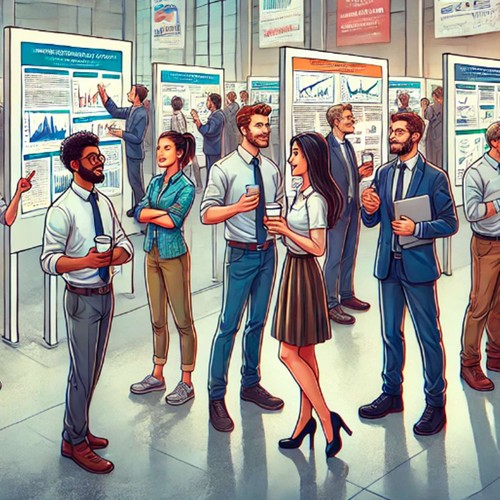
 TalkRL: The Reinforcement Learning Podcast
TalkRL: The Reinforcement Learning Podcast RLC 2024 - Posters and Hallways 5
Sep 20, 2024
David Radke from the Chicago Blackhawks shares insights on using reinforcement learning in professional sports to enhance team performance. Abhishek Naik discusses the significance of continuing reinforcement learning and average reward, sparking a conversation about adaptability in AI. Daphne Cornelisse dives into autonomous driving and multi-agent systems, focusing on how to improve human-like behavior. Shray Bansal examines cognitive bias in human-AI teamwork, while Claas Voelcker tackles the complexities of hopping in reinforcement learning. Each guest brings a unique perspective on cutting-edge research.
AI Snips
Chapters
Transcript
Episode notes
AI in Sports Analytics
- Multi-agent AI is poised to revolutionize the analysis of dynamic sports like hockey.
- This mirrors the impact of statistics on strategy in baseball.
Non-Episodic Reinforcement Learning
- Abhishek Naik's research focuses on non-episodic reinforcement learning, similar to real-life.
- His work aims to improve discounted RL methods by connecting them to average reward formulations.
RLC's Intimate Setting
- Abhishek Naik appreciates RLC's smaller scale, enabling deeper interactions.
- The focused environment fosters fruitful conversations compared to larger conferences.
